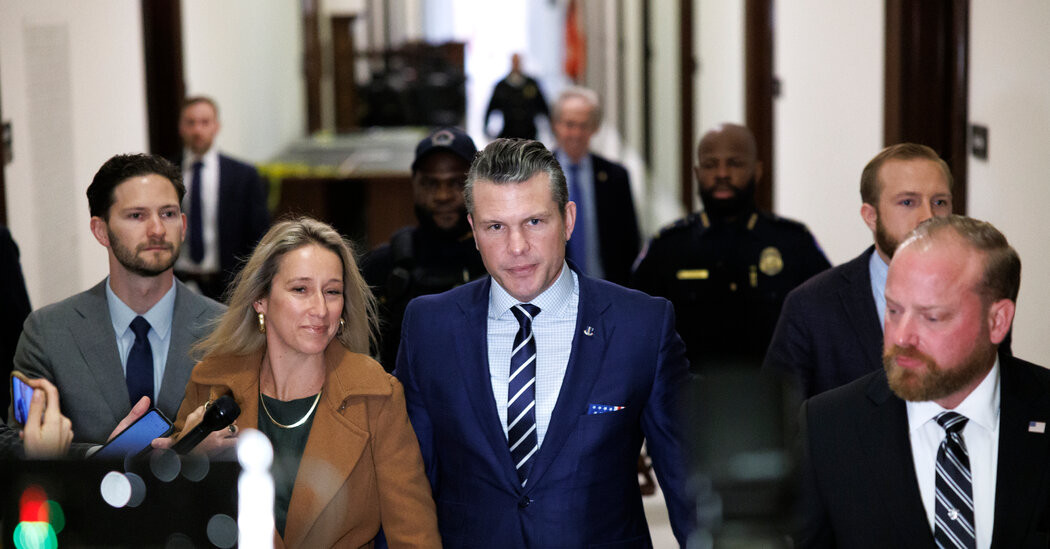

The small flurry of threatened defamation suits is the latest sign that the incoming Trump administration appears poised to do what it can to crack down on unfavorable media coverage.
The legal threats have arrived in various forms. One aired on CNN. Another came over the phone. More arrived in letters or emails.
All of them appeared aimed at intimidating news outlets and others who have criticized or questioned President-elect Donald J. Trump and his nominees to run the Pentagon and F.B.I.
The small flurry of threatened defamation lawsuits is the latest sign that the incoming Trump administration appears poised to do what it can to crack down on unfavorable media coverage. Before and after the election, Mr. Trump and his allies have discussed subpoenaing news organizations, prosecuting journalists and their sources, revoking networks’ broadcast licenses and eliminating funding for public radio and television.
Actual or threatened libel lawsuits are another weapon at their disposal — and they are being deployed even before Mr. Trump moves back into the White House.
It is notoriously difficult for public figures like Mr. Trump to win defamation lawsuits. Under longstanding Supreme Court precedent — which Mr. Trump and some of his allies want to see weakened or overturned — plaintiffs must prove that a publisher knew a defamatory statement was false or acted with reckless disregard for its accuracy.
But that high bar has not stopped a wide range of politicians, business leaders and others from threatening or filing such suits — a strategy that often seems tailored to cause news outlets and individuals to rein in aggressive coverage of the public figures.